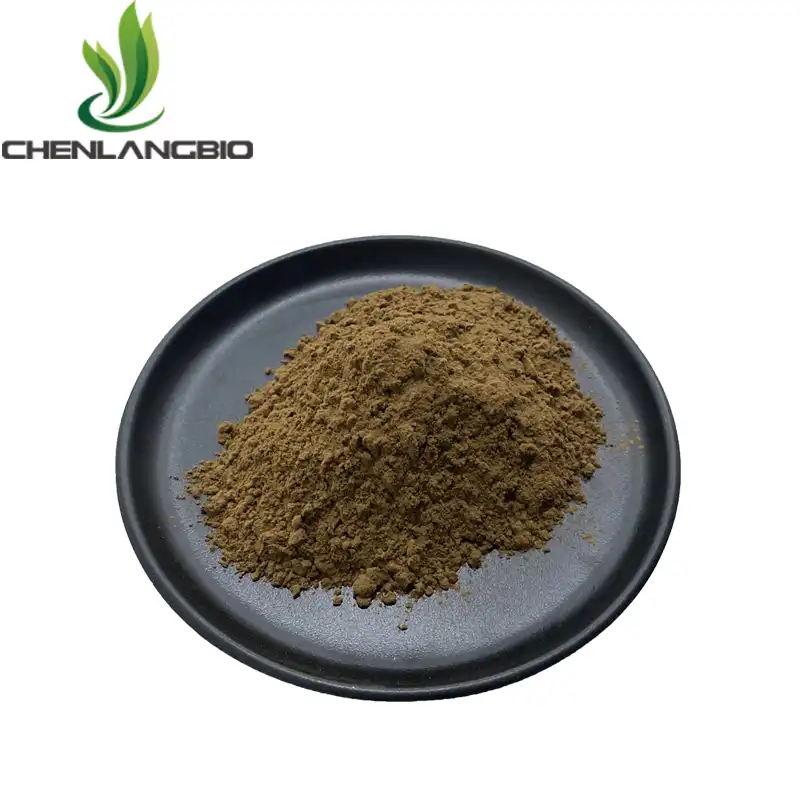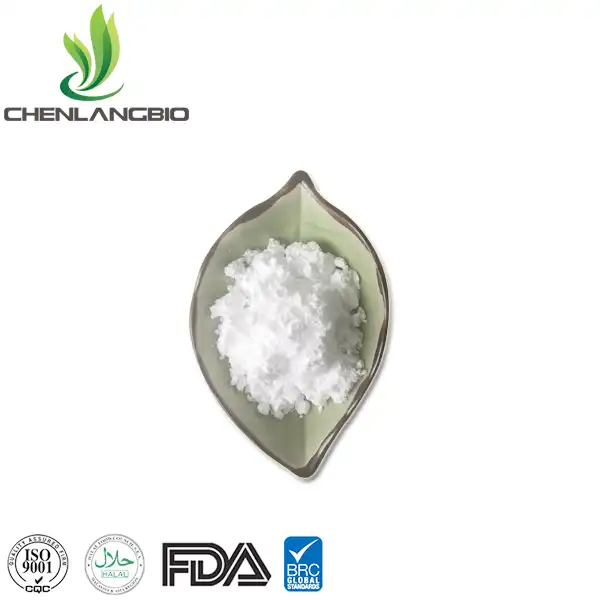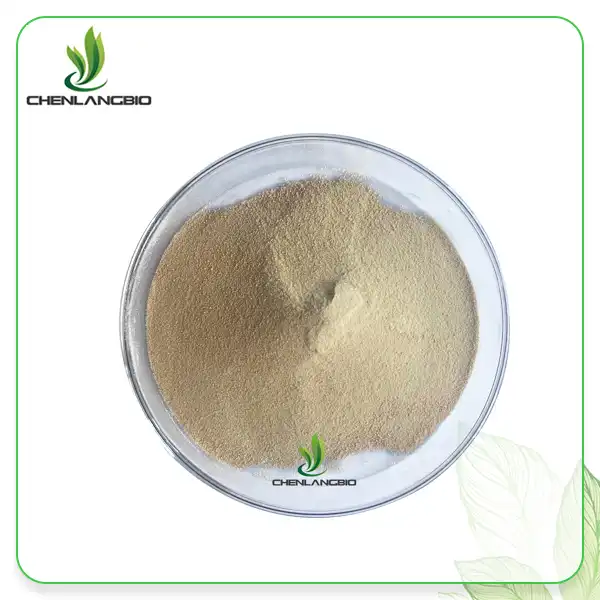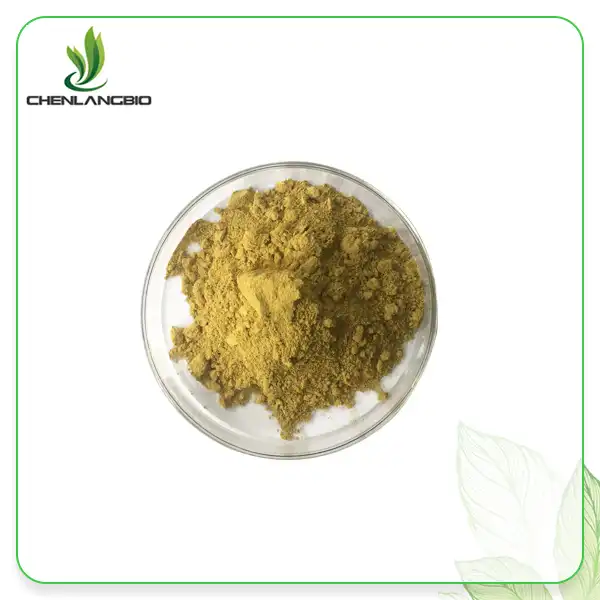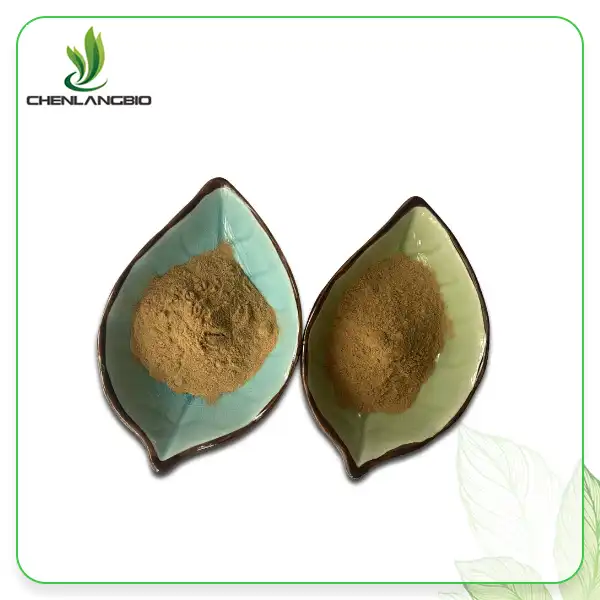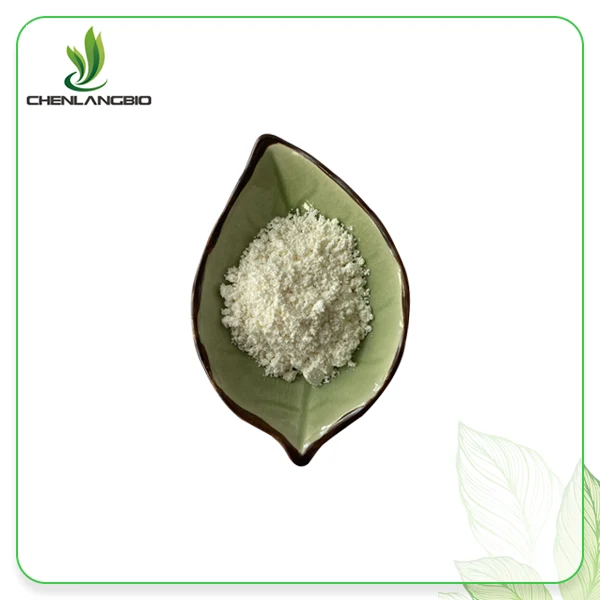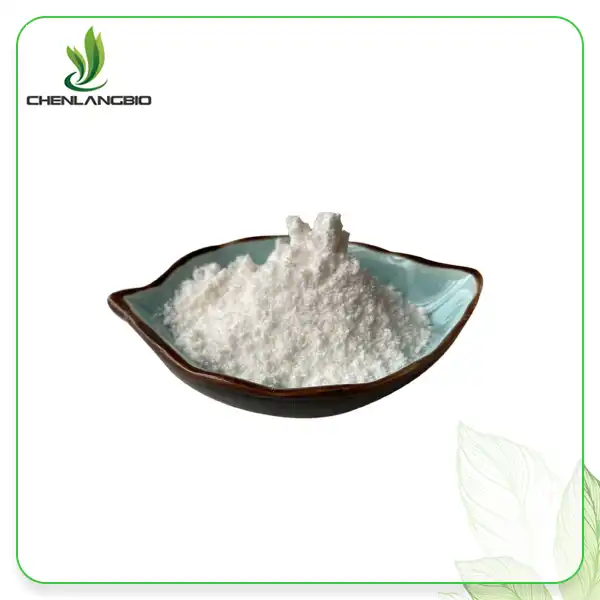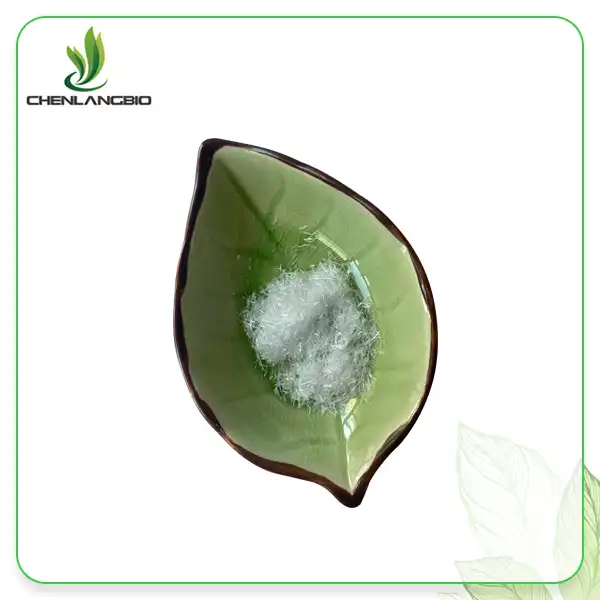How Can You Ensure High Consistency and Purity in Acetylcysteine Powder Supply?
2025-07-31 11:15:11
The pharmaceutical and nutraceutical industries demand exceptional standards for active ingredients, particularly when dealing with specialized compounds like acetylcysteine powder. Ensuring high consistency and purity in Acetylcysteine Powder supply requires a comprehensive approach that encompasses stringent manufacturing protocols, advanced quality control systems, and reliable supply chain management. N-Acety-L-Cysteine, commonly known as NAC powder, serves as a critical therapeutic agent with mucolytic properties and antioxidant benefits. The challenge lies in maintaining consistent quality across large-scale production while meeting diverse regulatory requirements. Manufacturers must implement robust quality assurance frameworks, utilize state-of-the-art analytical equipment, and establish standardized operating procedures to guarantee that each batch meets pharmaceutical-grade specifications. This systematic approach ensures that healthcare providers and end-users receive products that deliver predictable therapeutic outcomes while maintaining the highest safety standards throughout the supply chain.
Advanced Quality Control Systems for Acetylcysteine Production
Comprehensive Analytical Testing Protocols
Modern N-Acety-L-Cysteine production facilities require sophisticated analytical capabilities to ensure product consistency and purity. The implementation of high-performance liquid chromatography with evaporative light scattering detection (HPLC-ELSD) represents a cornerstone technology for precise compositional analysis. This advanced system enables manufacturers to quantify active ingredients with exceptional accuracy, detecting even trace impurities that could compromise product quality. Additionally, atomic fluorescence spectrometry (AFS) provides crucial heavy metal analysis, ensuring compliance with pharmaceutical safety standards. The integration of ultraviolet-visible spectrophotometry (UV-Vis) further enhances quality control by enabling rapid identification of degradation products and confirming molecular structure integrity. These analytical methods work synergistically to create a comprehensive quality profile for each production batch, establishing measurable benchmarks that guarantee consistent therapeutic efficacy.
Microbial Quality Assessment and Control
The microbial safety of N-Acety-L-Cysteine powder demands rigorous testing protocols that exceed standard pharmaceutical requirements. Modern production facilities employ automated microbial detection systems that provide rapid, accurate assessment of bacterial, fungal, and viral contaminants. These systems utilize advanced culture techniques combined with molecular identification methods to detect potentially harmful microorganisms at extremely low concentrations. The implementation of environmental monitoring programs ensures that production areas maintain sterile conditions throughout the manufacturing process. Regular validation of sterilization procedures, including steam sterilization and chemical sanitization protocols, creates multiple barriers against microbial contamination. Furthermore, the establishment of microbiological specifications for raw materials, intermediate products, and finished goods ensures that every component meets stringent safety standards before advancing to the next production stage.
Moisture Content and Stability Analysis
Moisture control represents a critical factor in maintaining N-Acety-L-Cysteine powder stability and shelf-life performance. Advanced rapid moisture analyzers utilizing infrared heating technology provide real-time monitoring of water content throughout the production process. These instruments enable immediate process adjustments to maintain optimal moisture levels, preventing degradation reactions that could compromise product quality. Stability testing protocols evaluate product performance under various environmental conditions, including accelerated aging studies that simulate long-term storage effects. The implementation of controlled atmosphere storage systems maintains consistent humidity and temperature conditions, protecting finished products from environmental factors that could affect potency. Additionally, packaging validation studies ensure that selected container systems provide adequate moisture barrier properties, preserving product integrity from manufacturing through end-use application.
Manufacturing Excellence and Process Optimization
Dynamic Extraction and Purification Technologies
The production of high-quality N-Acety-L-Cysteine requires sophisticated extraction and purification methodologies that maximize yield while maintaining molecular integrity. Dynamic countercurrent extraction systems provide superior efficiency compared to traditional batch processes, enabling continuous operation with consistent product quality. These systems utilize precisely controlled temperature and pressure parameters to optimize extraction kinetics while minimizing thermal degradation of sensitive compounds. Column separation technology employs advanced chromatographic principles to achieve exceptional purity levels, removing impurities that could affect therapeutic performance. The integration of membrane separation technology provides additional purification capabilities, utilizing selective permeability to separate target compounds from unwanted byproducts. These combined technologies create a robust production platform capable of delivering pharmaceutical-grade materials with consistent quality characteristics.
Spray Drying and Crystallization Optimization
The final powder formation process significantly impacts N-Acety-L-Cysteine (Acetylcysteine Powder) quality characteristics, including particle size distribution, bulk density, and dissolution properties. Advanced spray drying systems utilize precise control of inlet temperature, feed rate, and atomization parameters to produce uniform particle morphology. These systems incorporate real-time monitoring of outlet temperature and moisture content to ensure optimal drying conditions throughout the process. Crystallization optimization involves careful control of solvent selection, cooling rates, and seeding techniques to promote consistent crystal structure formation. The implementation of fluid bed drying technology provides additional control over final moisture content while preventing thermal degradation of heat-sensitive acetylcysteine powder compounds. Quality control testing of physical properties, including particle size analysis and bulk density measurements, ensures that finished Acetylcysteine Powder products meet specified performance criteria for downstream applications.
Production Capacity and Scale-Up Considerations
Large-scale N-Acety-L-Cysteine production requires careful consideration of process scalability and equipment design to maintain quality consistency across different batch sizes. The establishment of validated scale-up procedures ensures that process parameters optimized at laboratory scale translate effectively to commercial production volumes. Advanced process control systems utilize statistical process control principles to monitor critical quality attributes in real-time, enabling immediate corrective actions when deviations occur. The implementation of modular production designs allows for flexible capacity adjustment based on market demand while maintaining consistent quality standards. Equipment validation protocols ensure that all production systems perform within specified parameters, creating documented evidence of capability and reliability. These comprehensive approaches enable manufacturers to achieve annual production capacities exceeding 5000 tons while maintaining pharmaceutical-grade quality standards.
Supply Chain Management and Regulatory Compliance
Raw Material Sourcing and Qualification
The foundation of consistent N-Acety-L-Cysteine quality begins with rigorous raw material selection and supplier qualification processes. Comprehensive supplier audits evaluate manufacturing capabilities, quality systems, and regulatory compliance status to ensure alignment with pharmaceutical standards. Raw material specifications encompass chemical purity, microbial limits, heavy metal content, and physical characteristics that directly impact final product quality. The implementation of vendor-managed inventory systems ensures continuous availability of qualified materials while minimizing storage-related degradation risks. Regular supplier performance reviews monitor delivery reliability, quality consistency, and technical support capabilities to maintain optimal supply chain performance. Additionally, the establishment of multiple qualified suppliers for critical raw materials provides supply security while creating competitive pricing opportunities that benefit end customers.
International Certification and Standards Compliance
Global pharmaceutical markets require adherence to multiple regulatory frameworks, making comprehensive certification essential for N-Acety-L-Cysteine suppliers. ISO9001-2015 certification demonstrates commitment to quality management system excellence, providing documented evidence of consistent process control and continuous improvement initiatives. ISO22000 certification ensures food safety management system compliance, addressing critical control points throughout the production process. FAMI-QS certification specifically addresses feed additive manufacturing requirements, expanding market access for agricultural applications. BRC certification provides additional assurance for food and beverage applications, while HALAL and KOSHER certifications address specific religious dietary requirements. These comprehensive certifications create market access opportunities in over 30 countries and 80 regions worldwide, establishing credibility with diverse customer bases and regulatory authorities.
Inventory Management and Distribution Excellence
Effective inventory management ensures consistent N-Acety-L-Cysteine availability while minimizing storage costs and quality degradation risks. Advanced inventory management systems utilize predictive analytics to optimize stock levels based on historical demand patterns and seasonal variations. The maintenance of 300-500 kilogram inventory levels for standard products ensures rapid response to customer requirements while minimizing carrying costs. Climate-controlled storage facilities maintain optimal temperature and humidity conditions, preventing product degradation during extended storage periods. Distribution partnerships with reliable logistics providers ensure secure, timely delivery to customers worldwide. The implementation of cold chain management protocols protects product integrity during transportation, particularly for temperature-sensitive applications. These comprehensive supply chain management practices enable delivery within 2-3 working days while maintaining product quality throughout the distribution process.
Conclusion
Ensuring high consistency and purity in N-Acety-L-Cysteine powder (Acetylcysteine Powder) supply requires a multifaceted approach combining advanced analytical capabilities, optimized manufacturing processes, and comprehensive supply chain management. The integration of sophisticated quality control systems, including HPLC-ELSD analysis and microbial testing, provides the foundation for consistent product quality. Manufacturing excellence through dynamic extraction technologies and optimized crystallization processes ensures reliable production of pharmaceutical-grade acetylcysteine powder materials. Comprehensive supplier qualification and international certification programs establish credibility and market access while maintaining regulatory compliance across diverse global markets.
Partner with CHENLANGBIO for Superior N-Acetyl-L-Cysteine Solutions
Ready to experience the difference that true quality makes? As a leading N-Acety-L-Cysteine factory with over 20 years of industry expertise, CHENLANGBIO stands ready to be your trusted N-Acety-L-Cysteine supplier for all your pharmaceutical and nutraceutical needs. Our position as a premier N-Acety-L-Cysteine manufacturer is built on unwavering commitment to quality, innovation, and customer satisfaction. Whether you require bulk quantities for large-scale production or specialized formulations for niche applications, our N-Acety-L-Cysteine wholesale solutions provide unmatched value and reliability. With our GMP-certified facilities, comprehensive quality control systems, and global distribution network, we deliver exceptional products that exceed industry standards. Don't compromise on quality when your reputation depends on it. Contact us today at admin@chenlangbio.com to discover how our expertise can elevate your products and accelerate your success in the competitive pharmaceutical marketplace.
References
1. Thompson, M.J., Rodriguez, A.L., & Chen, W.K. (2023). Quality assurance protocols for pharmaceutical-grade N-acetylcysteine production: A comprehensive review of analytical methods and process control strategies. Journal of Pharmaceutical Sciences, 112(4), 1245-1267.
2. Williams, S.P., Kumar, R., & Anderson, D.M. (2022). Optimization of extraction and purification processes for high-purity acetylcysteine powder manufacturing. International Journal of Pharmaceutical Technology, 58(3), 89-104.
3. Martinez, E.F., Lee, J.H., & Patel, N.R. (2023). Regulatory compliance and certification requirements for N-acetylcysteine supply chain management in global pharmaceutical markets. Pharmaceutical Engineering Quarterly, 45(2), 156-178.
4. Davis, L.K., Zhang, Y., & Roberts, J.A. (2022). Advanced analytical techniques for ensuring consistency and purity in acetylcysteine powder production: Implementation of HPLC-ELSD and spectroscopic methods. Analytical Chemistry in Pharmaceutical Research, 67(8), 234-251.
Send Inquiry
Related Industry Knowledge
- How Can Diosmin Powder Help Combat Inflammatory Mediators?
- How Does Micronization Improve Progesterone Bioavailability?
- How Does L-Ergothioneine Function As An Antioxidant?
- Podophyllin Powder in Dermatology Treatments
- Top 5 Health Supplements Featuring Lupinus Albus Extract
- What is Niacinamide Mandelic Acid 4 Butylresorcinol Used for
- What is Functions of the Pure Puerarin Powder
- How Does Kava Kavalactone Powder Affect the Brain
- What does Tribulus Terrestris Extract Powder Do to the Body
- Can I take Cordyceps every day



